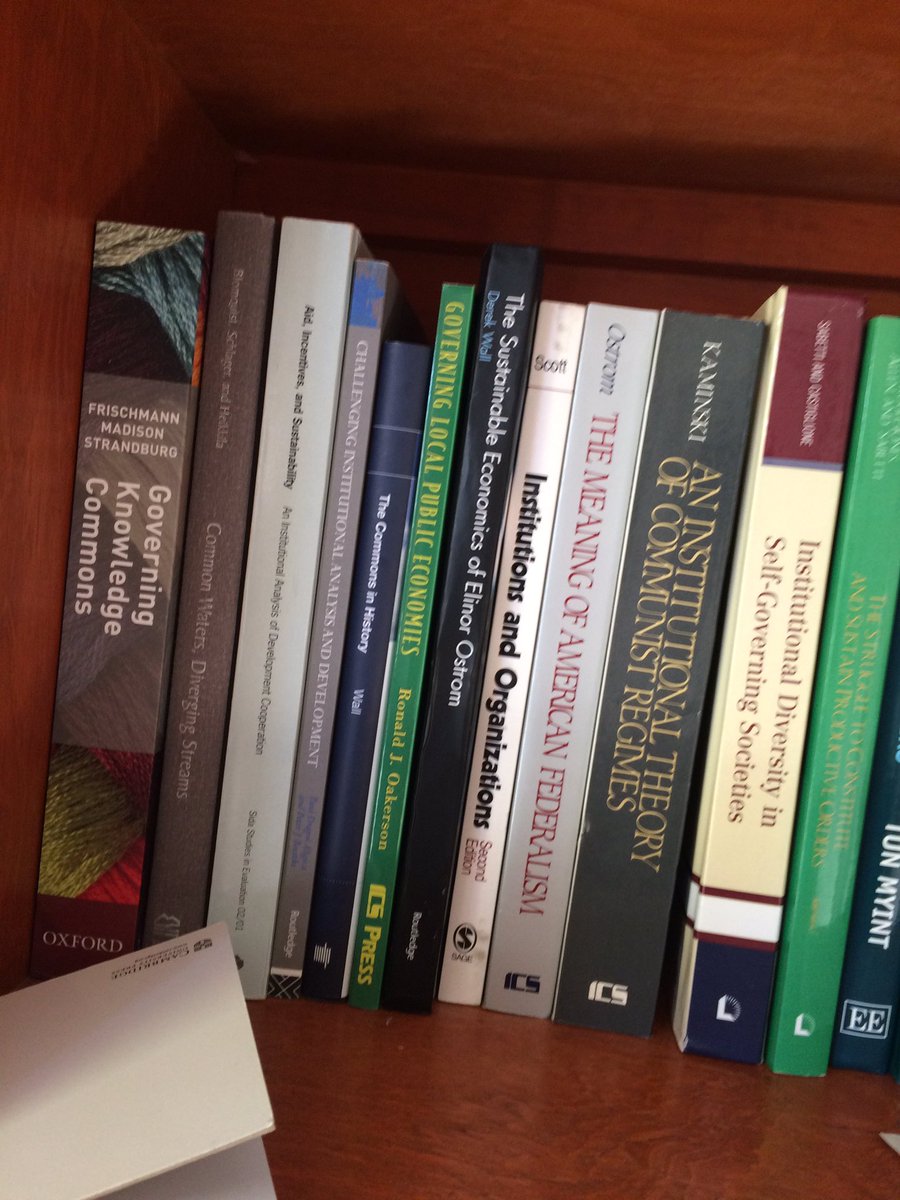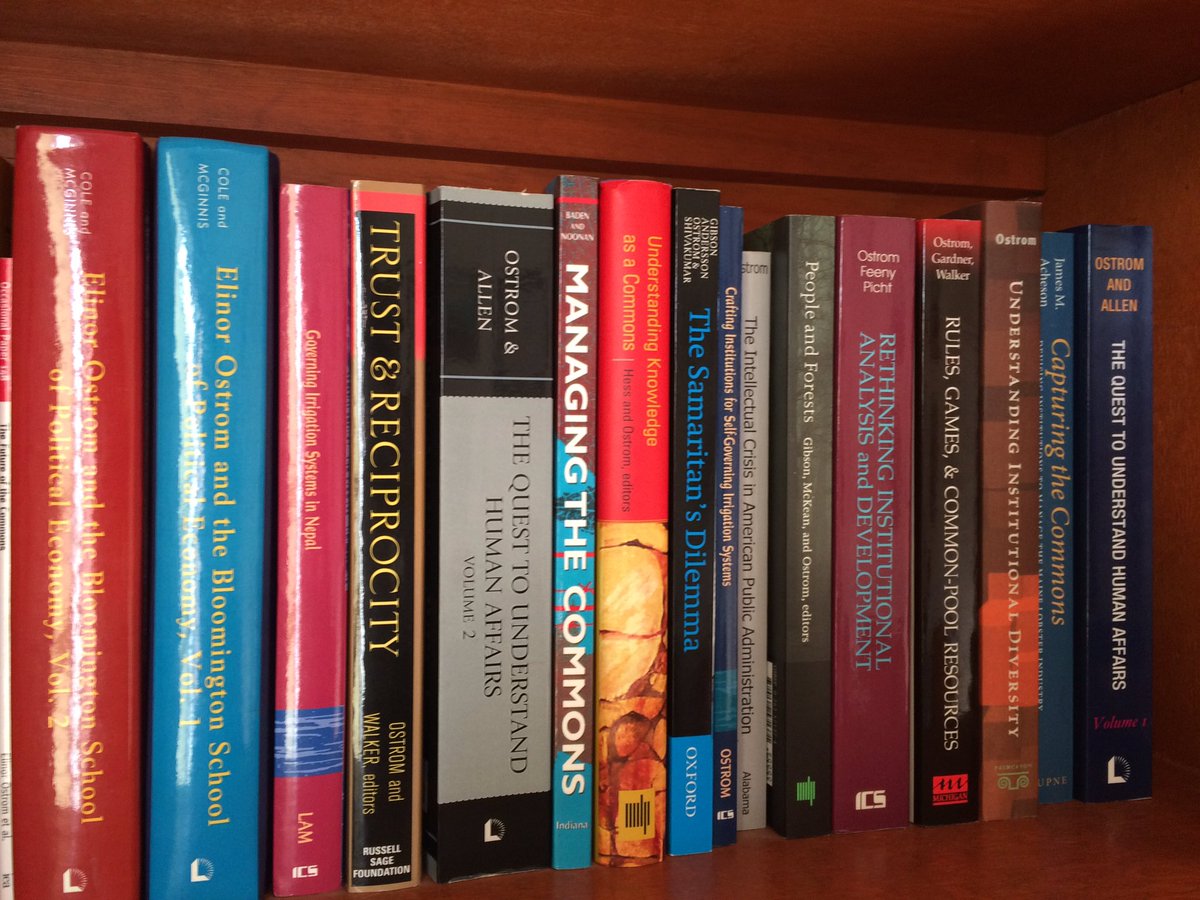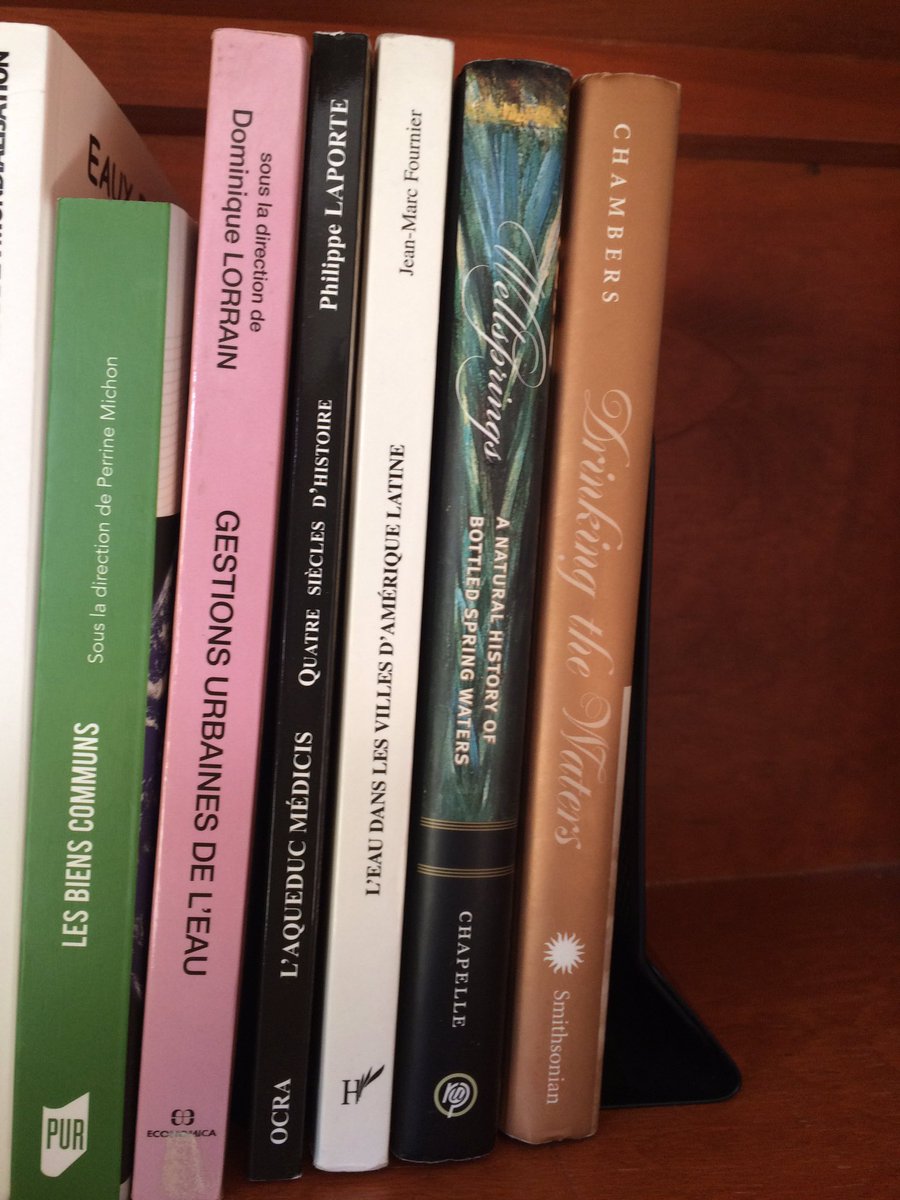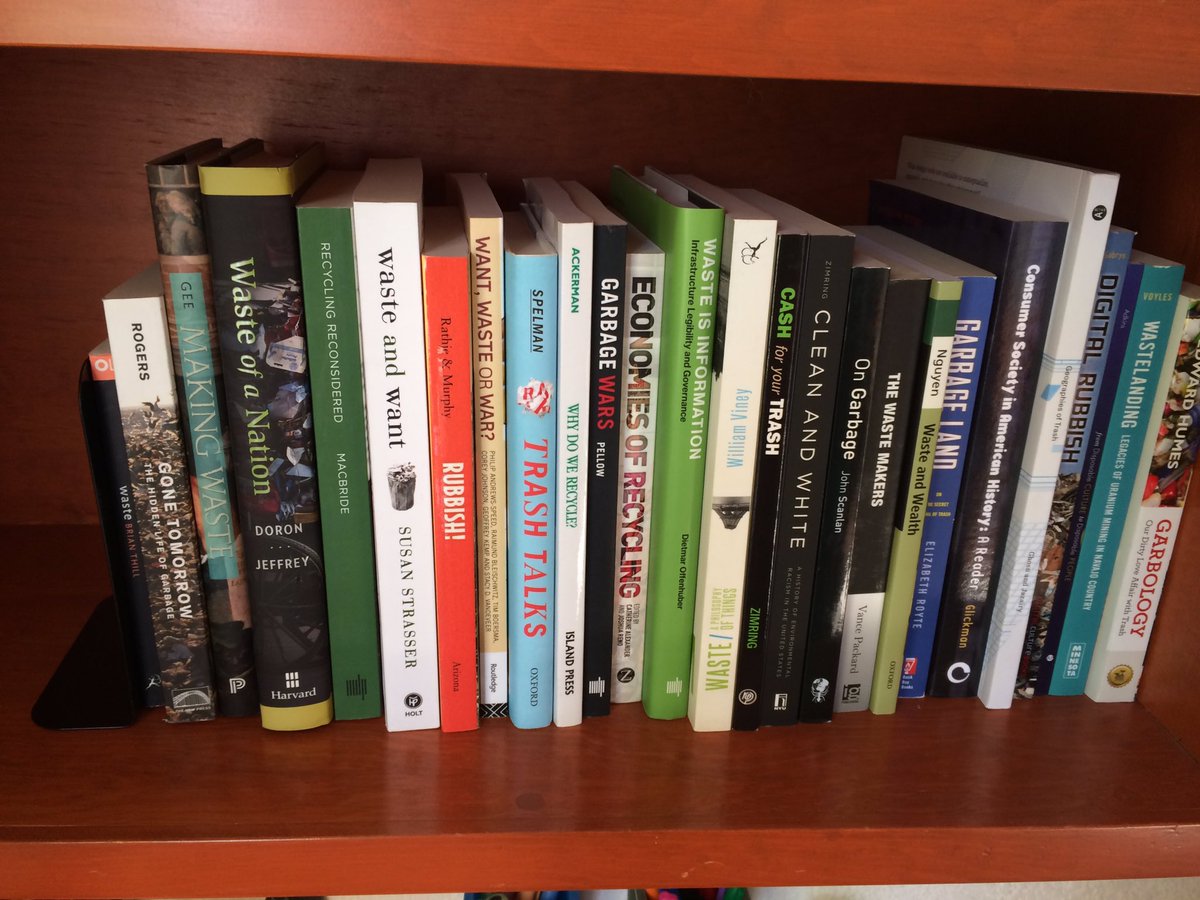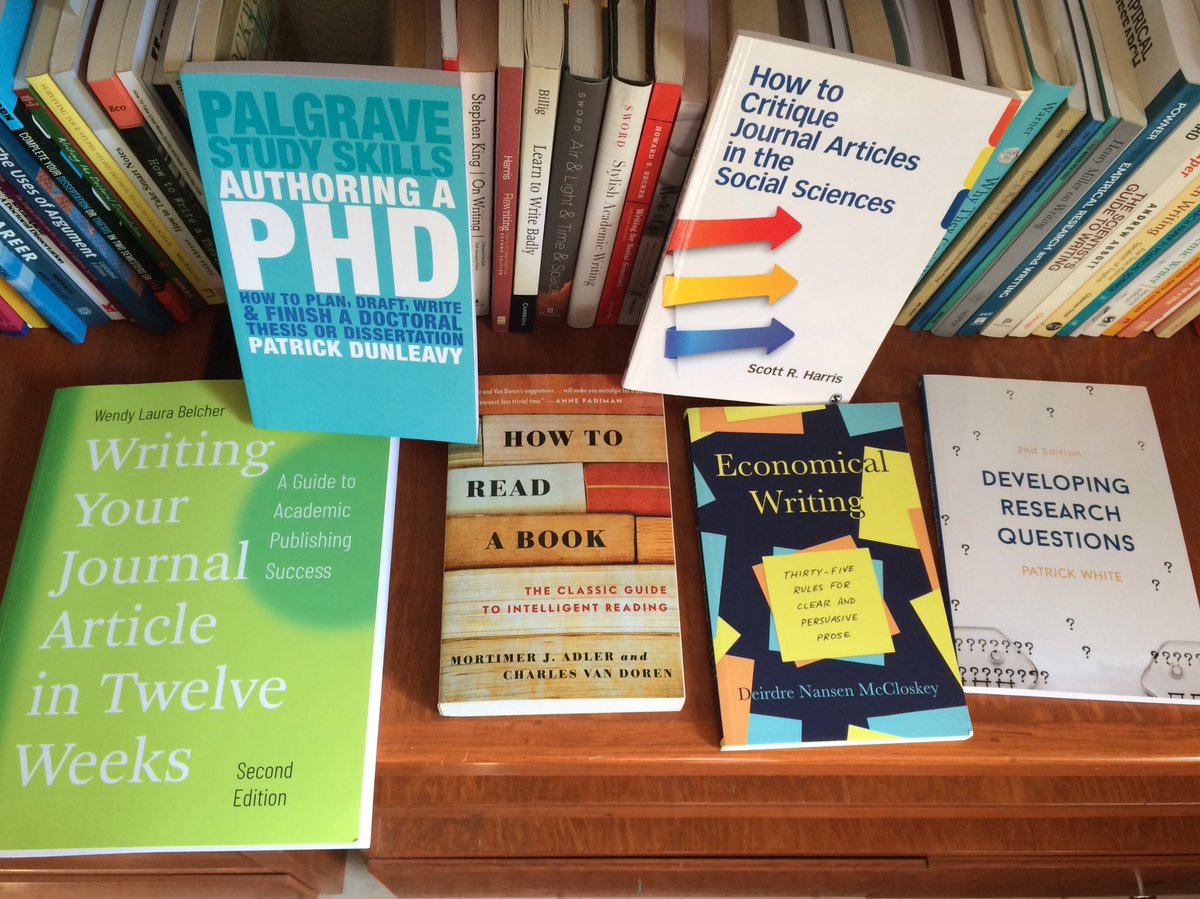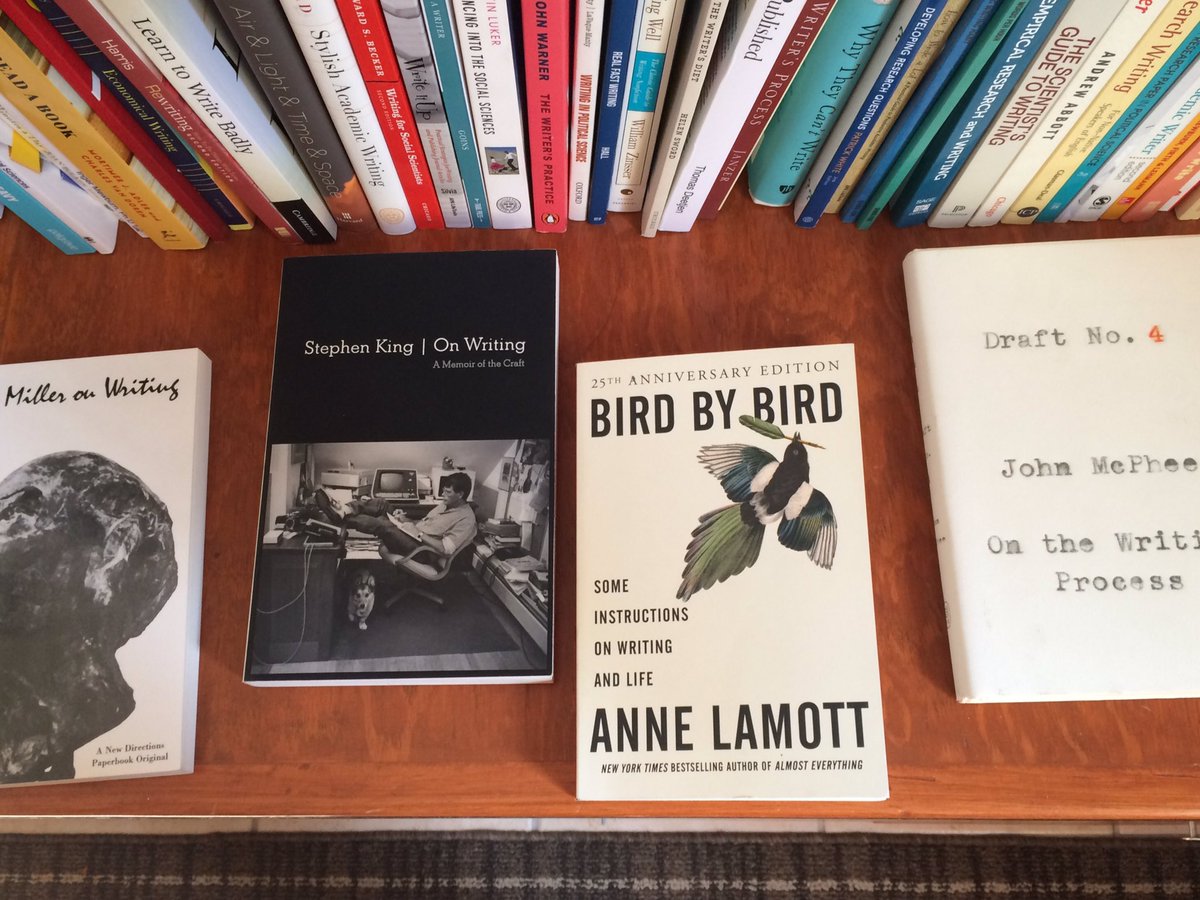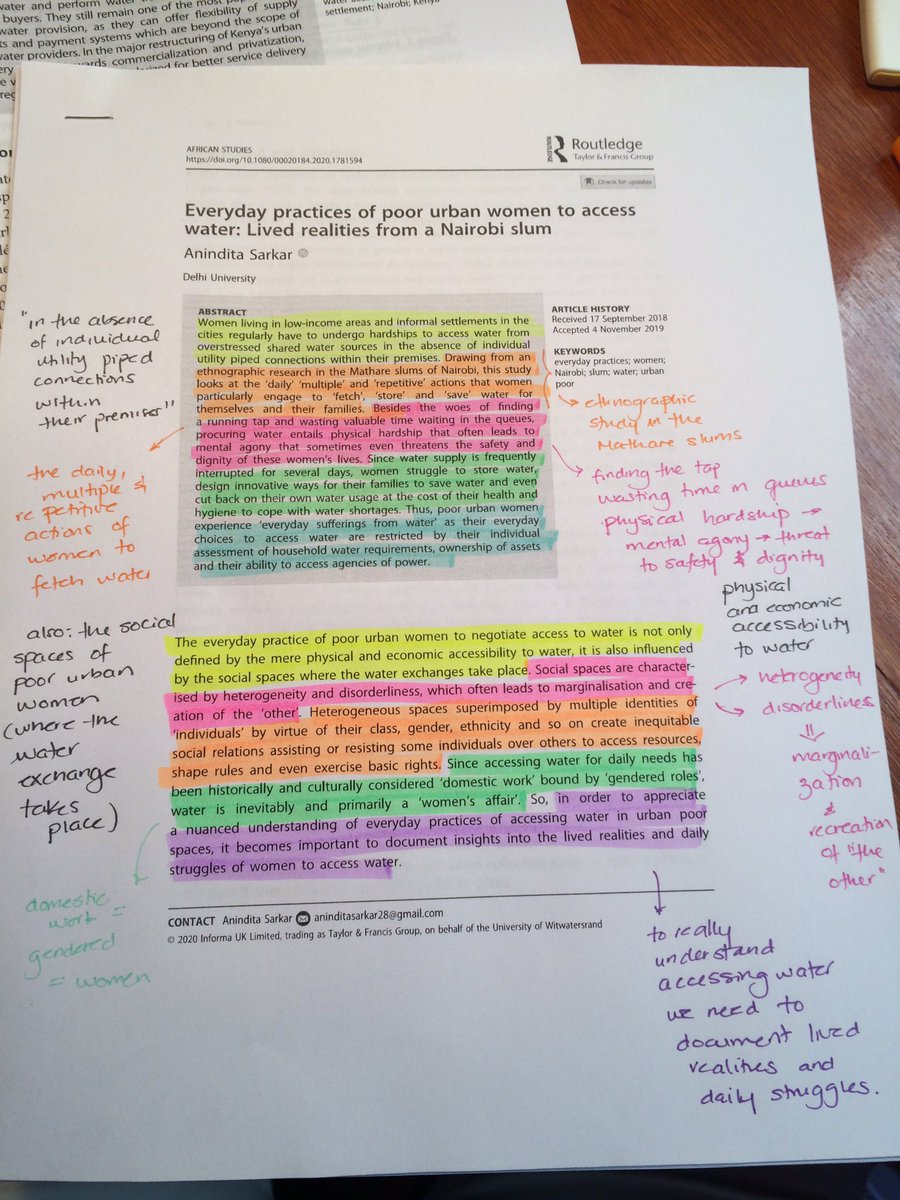So buckle up, grab a coffee/tea/strong beverage of your choice, because I. HAVE. THOUGHTS.
What I now realize is that I was wrong before.
I was like "ok, fine, if you want a list of some of the best books, read this" raulpacheco.org/2019/08/which-…
My answer now:
There are books that INSPIRE you to write.
There are books that TEACH YOU how to write.
And we all need a combination of all of these.
But the main insight I gained in reading Lamott yesterday and answering a query on which was the best book...
You will learn different things from reading my work on water than you would absorb from others.
But sometimes you will find yourself staring at a wall, or devastated that you got a rejection from a journal, or simply stuck with your writing.
So you'll need INSPIRATION.
But you WILL need that 5% inspiration. You can't draw from an empty well.
That's why I always say that IN ORDER TO WRITE, YOU NEED TO READ.
Read, read, read.
And then read some more
raulpacheco.org/2018/01/legiti…
Reading back my own writing, I realize that I've learned a lot this year.
Stephen King and Henry Miller write more forcefully: "sit your butt on the chair every day for X number of hours until you get Y number of pages done".
I find Lamott much gentler: "you may need a system".
You write syllabi because your students need to be exposed to a variety of ideas and learn bits and pieces from others
But you’re going to have to invest in building a small library of books on these topics.

